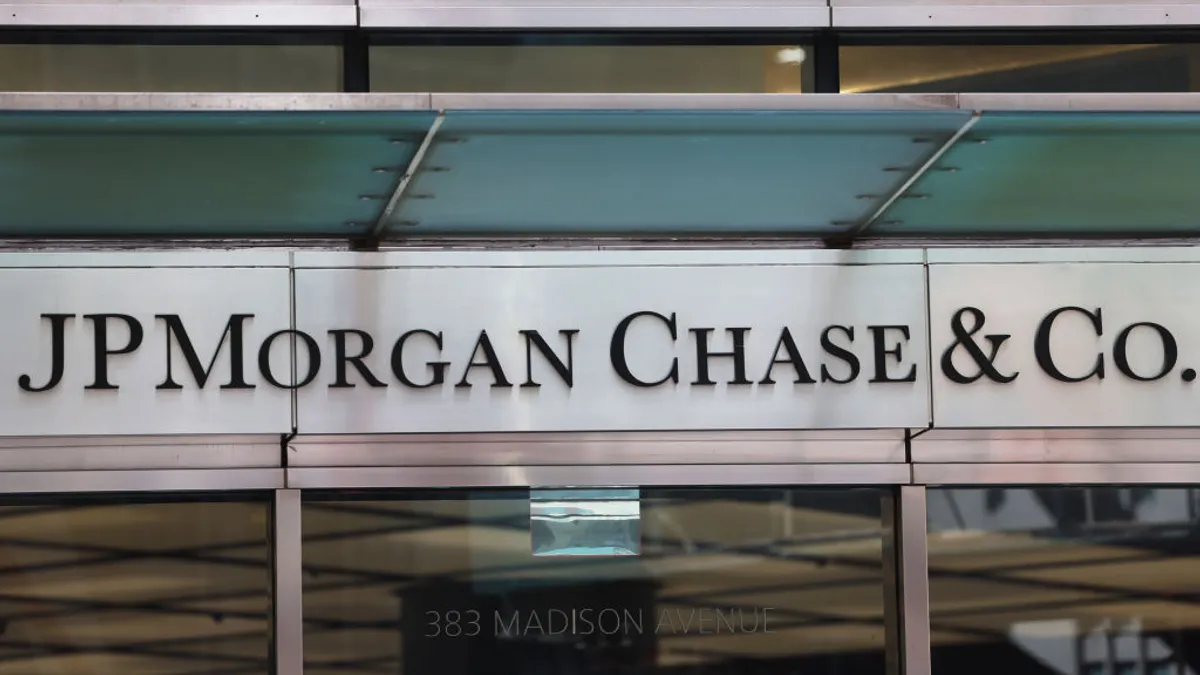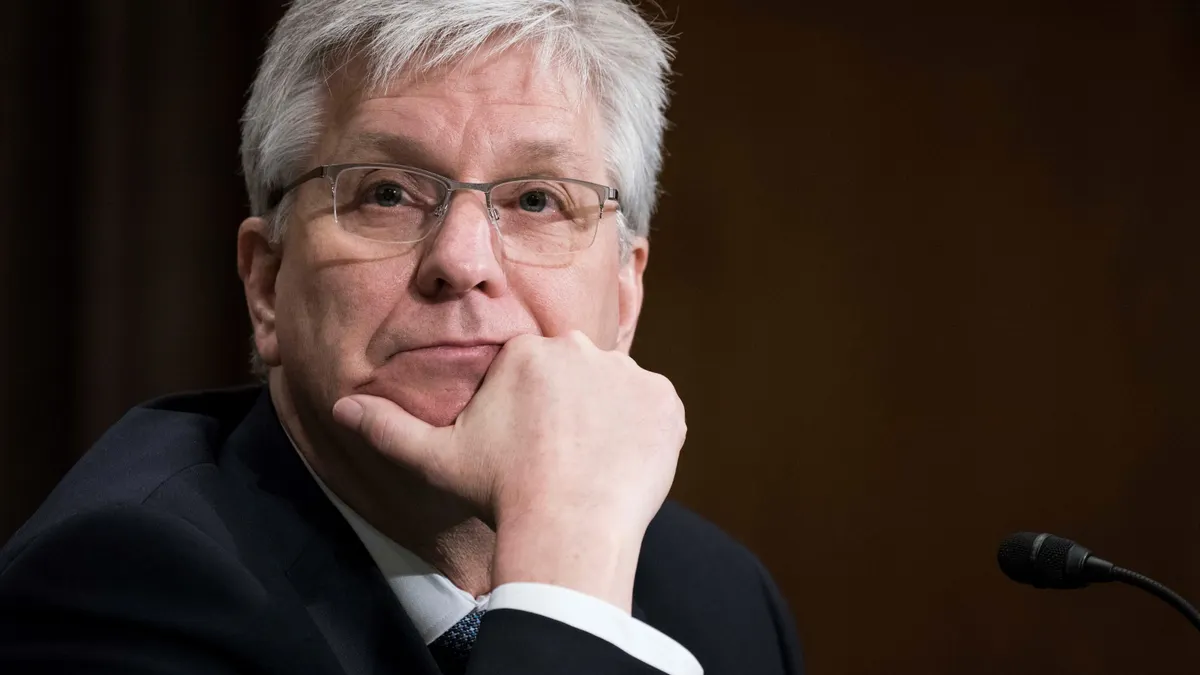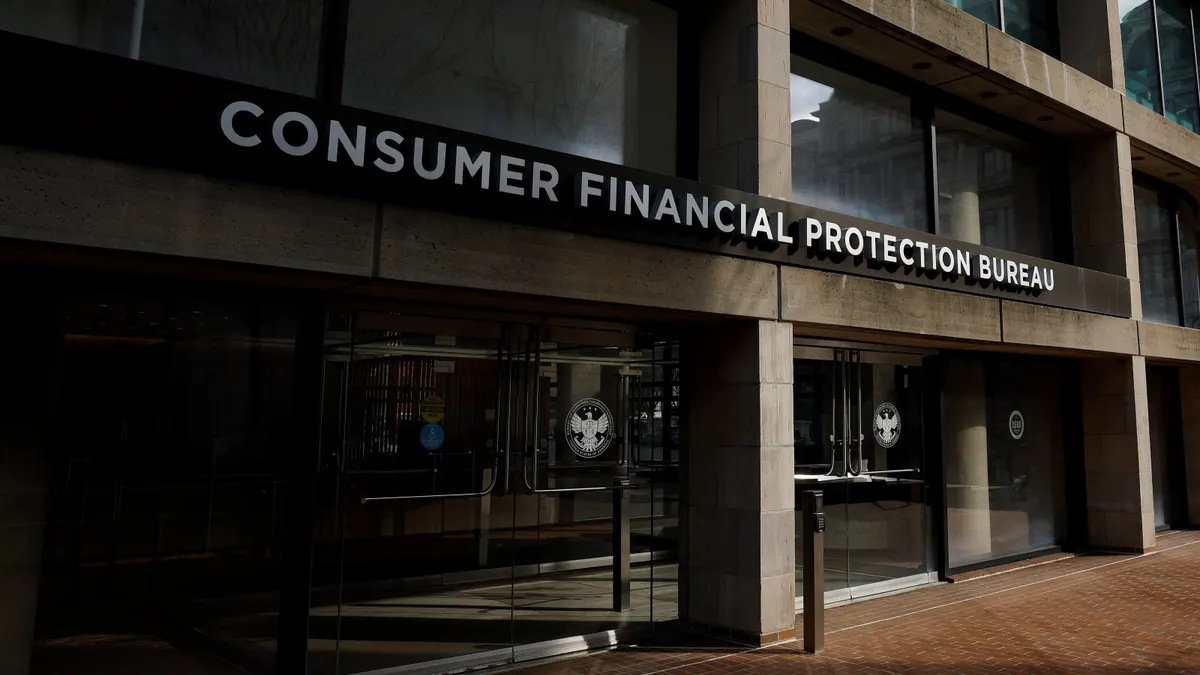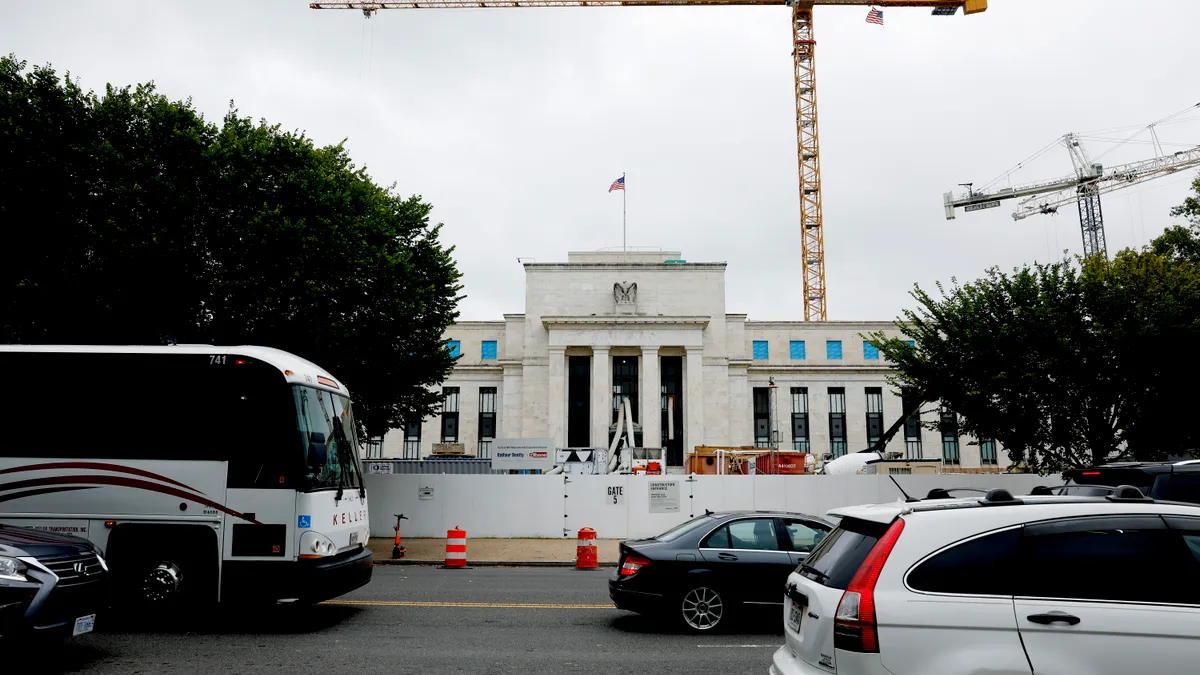UPDATE: March 22, 2021: Goldman Sachs CEO David Solomon told employees in a voice memo Sunday the bank will strengthen enforcement of its Saturday rule to ensure they have at least one day off each week, according to Reuters.
“In this world of remote work, it feels like we have to be connected 24/7,” Solomon said. “All of us — your colleagues, your managers, our divisional leaders — we see that. We’re here to provide support and guidance. This is not easy, and we’re working hard to make it better.”
Solomon’s voice memo came in response to a survey publicized last week in which 13 junior analysts detailed grueling work expectations and a souring outlook for the future, including deteriorating physical and mental health.
The CEO commended the analysts for taking their concerns to their management.
"We want a workplace where people can share concerns freely," Solomon said, according to Bloomberg.
The bank said it will accelerate an effort launched in January to hire more junior bankers and to reassign some bankers to busier units.
-----
On its face, it may feel like a troll.
Jefferies is offering each of its 1,124 analysts and associates, according to a memo, a choice of one of the following as a show of appreciation for their hard work during the COVID-19 crisis: a Peloton bike with a one-year subscription, a Mirror home workout system with a one-year subscription, or an array of Apple products.
"This is the very least we can do," CEO Rich Handler said in a statement seen by Bloomberg on Thursday.
The move to bestow these perks on junior employees has been weeks in the making, and is not a reaction to news circulating throughout the industry, an anonymous source told the wire service.
If anyone gets a pass at the mention of COVID, it may be Jefferies. The firm lost its CFO, Peg Broadbent, last March in what may have been banking’s highest-profile coronavirus death.
However, the memo comes less than 24 hours after a damning survey of Goldman Sachs first-year investment banking analysts received widespread notice — first on Twitter, then across the media spectrum — for spotlighting working conditions at least one banker labeled "inhumane."
"I didn’t come into this job expecting a 9am-5pm’s, but I also didn’t expect consistent 9am-5am’s either," one Goldman analyst said in the survey, which a self-selected group of respondents presented to management last month as a slide deck with corporate branding.
"There was a point where I was not eating, showering or doing anything else other than working from morning until after midnight," a respondent said.
"The math is simple," a commenter said. There are "4 hours a day for eating, sleeping, showering, bathroom and general transition time. This is beyond the level of 'hard-working', this Is inhumane/abuse."
The group asked management to cap workweeks at 80 hours — the 13 respondents said they averaged nearly 100 hours per week over a six-week span — and respect the bank’s Saturday policy, which mandates that analysts be out of the office from 9 p.m. Friday to 9 a.m. Sunday.
The analysts also sought 12 hours of lead time for requested changes to client presentations. "Junior team members often receive many comments right before meetings with the assumption that they can incorporate comments at a moment's notice," they wrote in the slide deck. "This adds undue stress and is unreasonable."
Goldman has responded by accelerating the hiring of new junior bankers, moving personnel to overworked departments, taking a "selective" approach to new business and reinforcing the Saturday policy, the Financial Times reported, citing an anonymous source.
"No one has been in trouble — these are valid points," the person said.
"We recognize that our people are very busy, because business is strong and volumes are at historic levels," Nicole Sharp, a Goldman Sachs spokeswoman, told Bloomberg. "A year into Covid, people are understandably quite stretched, and that’s why we are listening to their concerns and taking multiple steps to address them."
The analysts also rated the likelihood they would stay at Goldman if working conditions did not change. The analysts, on average, gave a 35% chance they’d be at Goldman in six months.
Given that, the Jefferies memo may appear like a recruitment pitch. Perks can be a differentiator when pay is relatively consistent across the industry.
Base salary for first-year analysts at Goldman averages $62,065 per year, Forbes reported, citing data from Payscale.com, while their total annual compensation, including bonuses, can stretch to $91,000. First-year analysts at JPMorgan Chase, by comparison, average a $65,221 base salary, with annual pay stretching to $89,000. At Wells Fargo, those figures are $65,683 and $82,000, respectively, according to Payscale.
It wouldn’t be the first time a financial institution, intentionally or not, redirected a narrative after a competitor drew flak. Citi in September announced a $1 billion pledge toward racial equality less than 24 hours after Wells Fargo CEO Charlie Scharf landed in hot water for calling the Black talent pool "very limited."
Even this week, after JPMorgan Chase committed to holding in-person summer internships this year, Bank of America said it would keep its interns remote.
Goldman saw itself at the center of at least three other narratives Thursday. The investment bank announced it is doubling, to $1 billion, its investment in companies run by women and people of color. The Wall Street Journal reported the bank is in talks to take over JetBlue’s credit-card program from Barclays. (The two banks also competed for GM’s credit-card business last year, with Goldman winning out.) And Goldman’s burgeoning proposition to let some asset-management personnel relocate to Florida is apparently gaining steam.
But few things in a news cycle have the staying power of employee discontent.
Goldman CEO David Solomon has pushed for a summer return to the office for employees, in part because he says an in-person experience would benefit summer interns.
"Getting them in to the office is the best way to get them connected to Goldman Sachs," he told employees last week, according to Reuters.
Those same summer interns should also be aware how their potential colleagues are viewing their first year in the workforce.





















